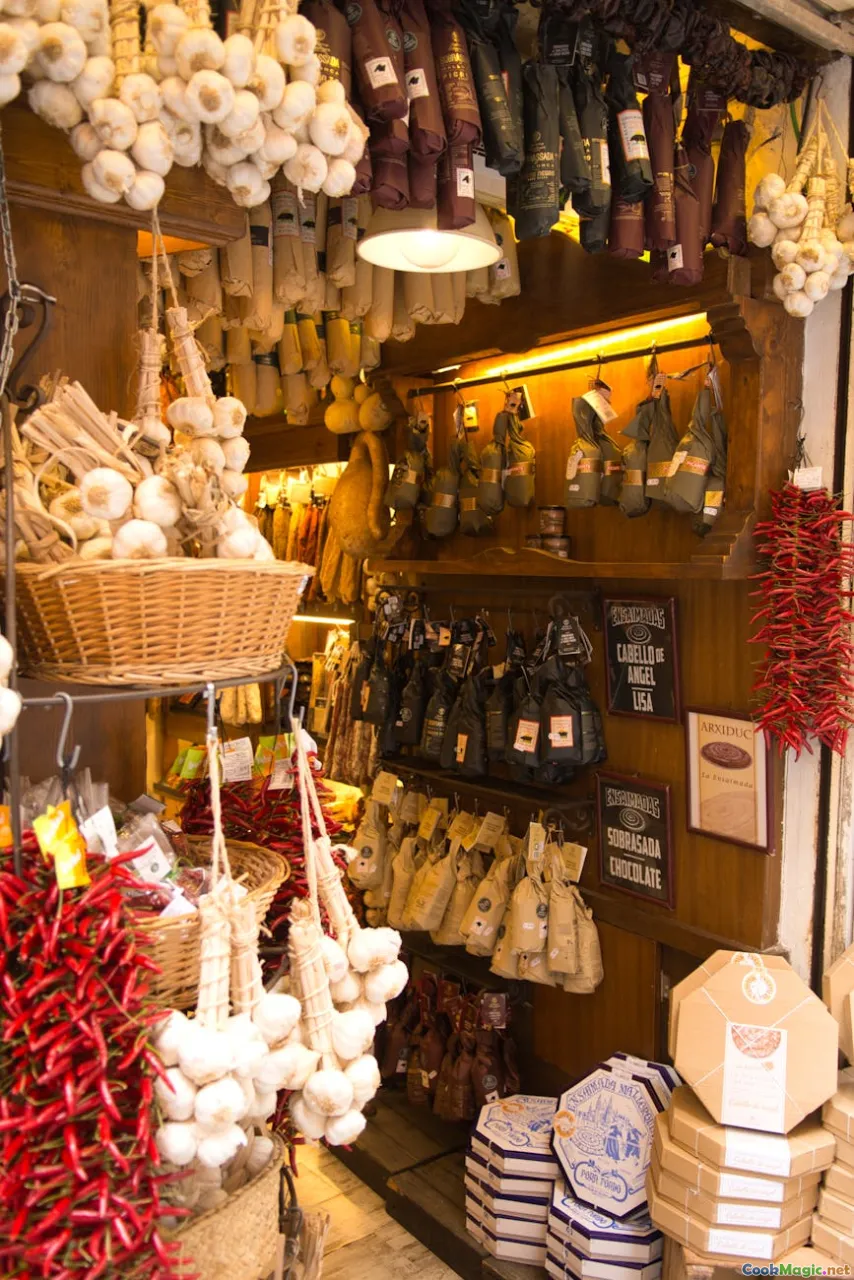The Role of Local Farmers in Egyptian Food
7 min read Discover how Egyptian farmers sustain culinary traditions, fuel local markets, and shape the authentic flavors of Egyptian cuisine through their dedication. April 26, 2025 00:55
The Role of Local Farmers in Egyptian Food
Imagine walking through a bustling Egyptian market at dawn, the air thick with the aroma of freshly harvested herbs, ripe vegetables, and sun-kissed grains. Behind every vibrant stand, there's a story—a story of dedicated farmers whose hands nurture the land and whose efforts preserve the soul of Egyptian cuisine. For centuries, Egyptian food has been rooted in the produce of local farmers, whose intimate knowledge of the land and its cycles fuels the authenticity and diversity of the country’s dishes.
A Cultural Tapestry Woven by Farmers
Egyptian cuisine is a rich tapestry woven from ancient grains, fragrant herbs, and seasonal vegetables. Central to this culinary heritage are the farmers—custodians of Egypt’s agricultural traditions. From the lush Nile Delta to the arid deserts, these individuals have cultivated a variety of crops that form the backbone of traditional dishes such as koshari, fatta, and molokhia.
Historically, Egypt’s reliance on the Nile River has shaped its farming practices. The annual inundation of the Nile deposited fertile silt, creating a natural palette for farmers to grow wheat, lentils, beans, and vegetables. This symbiotic relationship between land and water has persisted, ensuring a steady supply of ingredients that define Egyptian flavors.
The Heart of Local Agriculture: From Seed to Table
Cultivating Heritage Crops
Egyptian farmers grow more than just food; they cultivate cultural identity. For example, baladi wheat—a traditional variety—still thrives in rural fields, offering a nutty flavor and hearty texture essential for making authentic Egyptian bread like baladi and feteer. These grains are often harvested by hand, a labor of love that preserves the integrity of the crop.
Similarly, herbs like kharouf (coriander), mentha (mint), and dill grow abundantly in local gardens, their fragrances permeating the air and enriching dishes with vibrant aromas. The taste of fresh mint sprinkled over falafel or the tang of coriander in ful medames echoes the farmers’ careful tending.
Seasonal Bounty and Sustainability
Egyptian farmers operate in harmony with the seasons. In spring, fields burst into life with leafy greens and tender herbs. Summer brings ripe tomatoes, eggplants, and peppers, perfect for stewing and roasting. Autumn is the time for harvesting beans and pulses, essential for hearty stews.
This seasonal rhythm not only ensures freshness but also promotes sustainable practices. Many farmers employ traditional techniques—crop rotation, organic fertilization, and minimal use of chemicals—to protect the land and ensure future harvests.
Personal Stories: Farmers Preserving a Culinary Legacy
One cannot speak of Egyptian food without acknowledging the stories of individual farmers who dedicate their lives to preserving traditional farming methods. For example, in the village of Tanta, elderly farmers still plant the ancient baladi wheat by hand, passing down knowledge through generations.
Mohamed, a third-generation farmer, explains, “Growing baladi wheat is more than a job; it’s a way of life. We know each seed, each season, and how to harvest without damaging the land.” His pride is palpable as he describes how his wheat is used in local bakeries, shaping the texture and flavor of everyday bread.
Connecting Farmers to the Consumer
In recent years, there’s been a resurgence of interest in supporting local farmers among Egyptians and tourists alike. Farmers’ markets, community-supported agriculture (CSA), and farm-to-table initiatives are bridging the gap between land and table.
Visiting these markets offers an immersive experience: the vibrant colors, the tactile pleasure of fresh produce, and the stories shared with farmers. Eating local isn’t just about taste; it’s about reconnecting with Egypt’s agricultural roots and honoring those who sustain its culinary traditions.
Challenges and Opportunities
Despite their vital role, Egyptian farmers face numerous challenges—climate change, water scarcity, land degradation, and economic pressures. These threats jeopardize the continuity of traditional farming and, by extension, the authenticity of Egyptian cuisine.
However, there's hope. Initiatives promoting sustainable farming, organic practices, and modern irrigation techniques are gaining momentum. Young farmers are embracing innovation while respecting tradition, ensuring that the flavors of Egypt continue to thrive.
Personal Reflection: A Taste of Heritage
As a food writer, visiting Egyptian farms has deepened my appreciation for the layers of history and effort behind every dish. The earthy smell of freshly tilled soil, the vibrant green of mint leaves, and the sight of golden wheat fields under the sun are more than picturesque—they are the foundation of a living culinary heritage.
Eating Egyptian food is, in essence, tasting the land itself. Supporting local farmers isn’t just an act of kindness; it’s a way to preserve a centuries-old dialogue between people and their land, expressed through every meal.
Conclusion: Celebrating the Guardians of Egyptian Flavors
Egyptian farmers are the unsung heroes of the nation’s gastronomic identity. Their unwavering dedication ensures that the flavors passed down through generations remain vibrant, authentic, and sustainable. As we savor Egyptian dishes, let us remember the hands that cultivated the ingredients—hands that have nurtured Egypt’s culinary soul for centuries.
By supporting local farmers, we don’t just enjoy better, fresher ingredients; we participate in a cultural preservation that sustains Egypt’s rich culinary legacy for generations to come.









